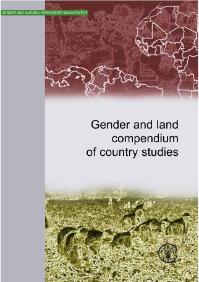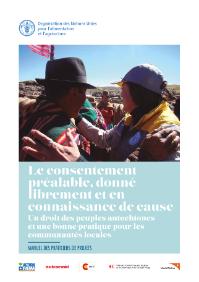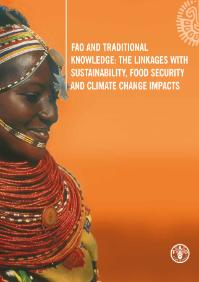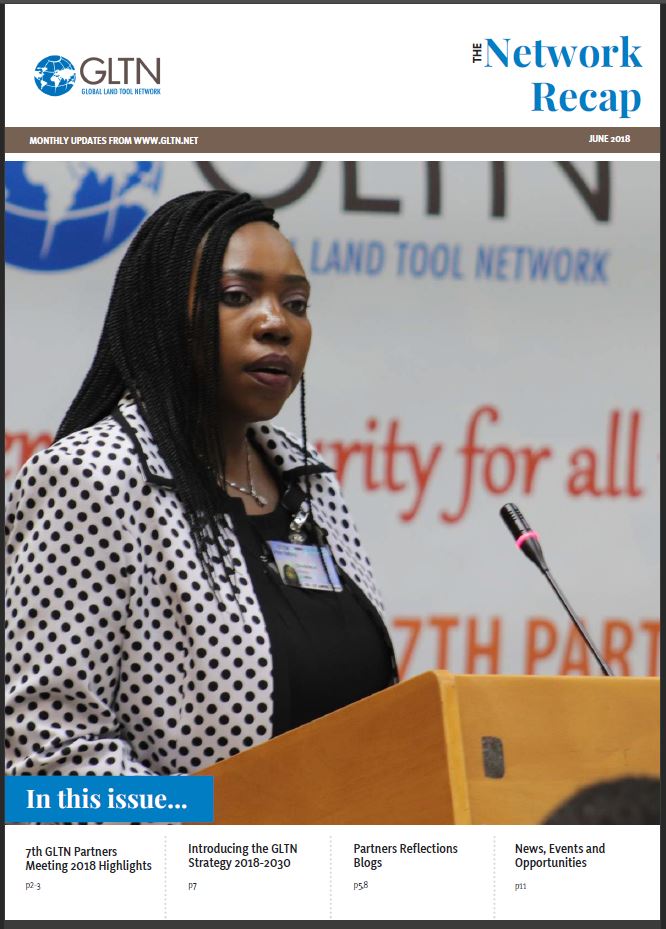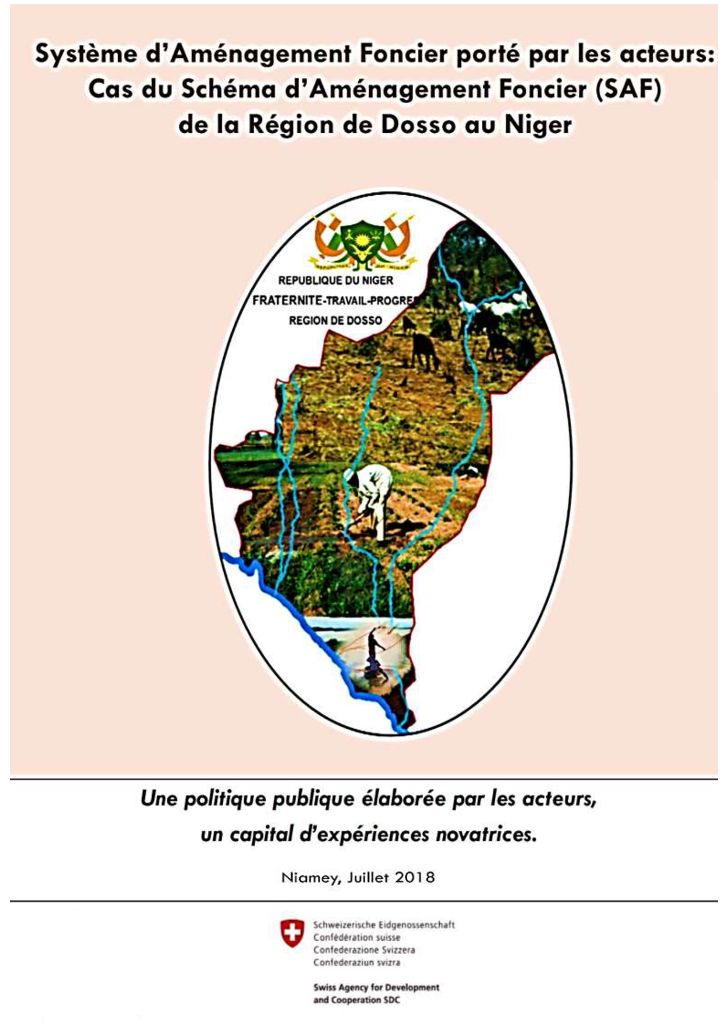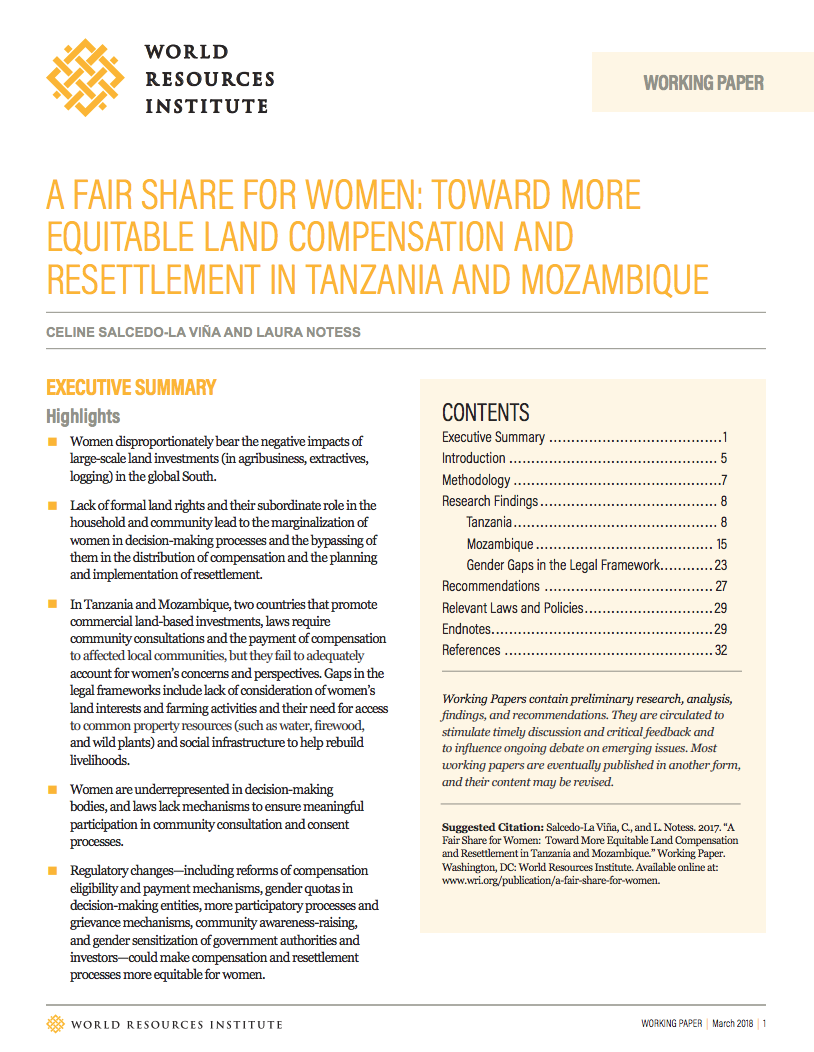Making Rangelands More Secure
The topic of how best to make rangelands secure for local rangeland users is one of ongoing debates. The very nature of rangeland use – the need for landscape level planning incorporating spatially and temporally variable resources, and for recognising the multiple layers of use by multiple actors presents complexity that is not easily accounted for by the often inflexible and simpler land tenure systems that governments prefer to introduce.



